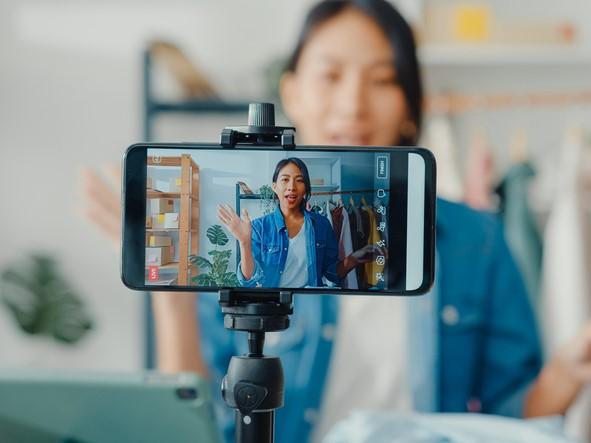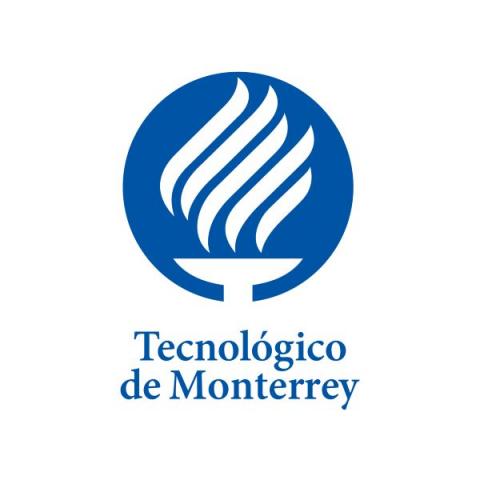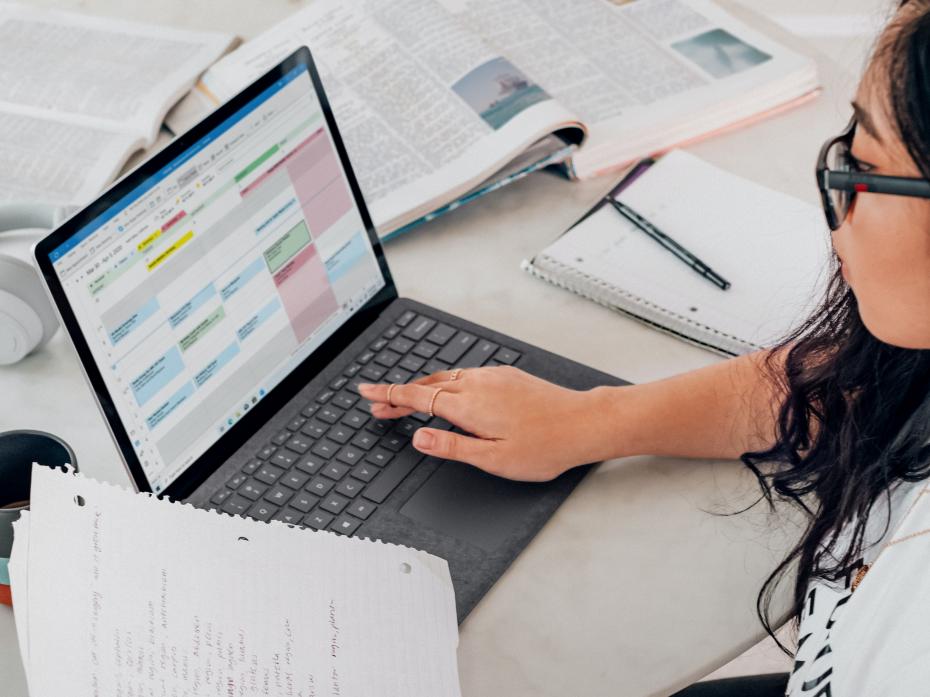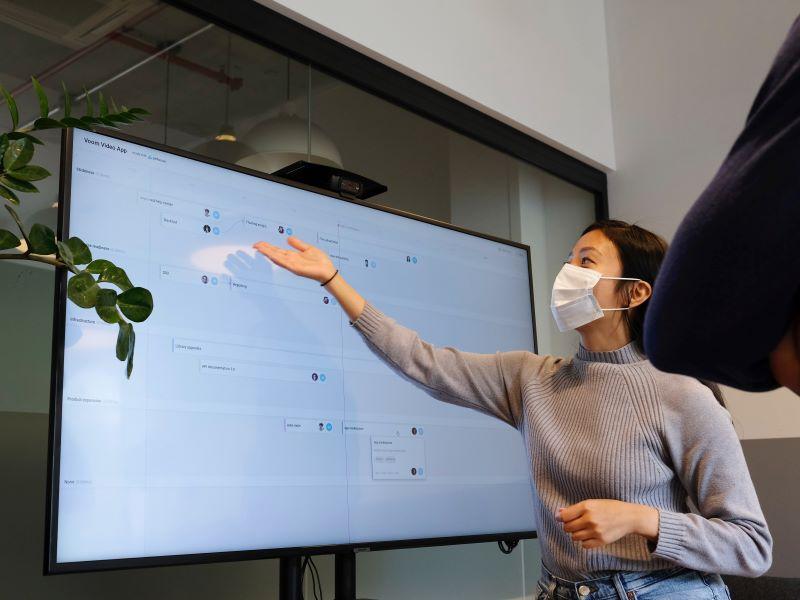
21st-century assessment: improve and update the way you evaluate
Mariana del Sol González offers initial tips and guidance on how to update assessment methods in your classroom
You may also like
Popular resources
The accelerated changes that the world has undergone in recent years have brought abrupt transformations for many sectors, including education. Changes in the educational arena have included new learning strategies, didactic resources and technologies, but not all areas of education are growing at the same pace. In many universities, evaluation and assessment is an area in which growth has been slow.
New assessment methods are often developed slowly because it’s crucial for them to provide a genuine improvement on current processes. In my experience, it can be tricky for teachers to know where to start when using new methods, so here I aim to provide some suggestions to help us improve and update the practice of assessment in our classrooms.
- Original essays written in seconds: how ‘transformers’ will change assessment
- Three immediate changes academics can make to close awarding gaps
- I’m a Columbia student, and I don’t want my grade inflated
It is well known that traditional assessment methods usually sort students into various levels. However, new assessment methods such as qualitative, alternative, authentic or learning assessment are reformulating these methods. These new methods are more focused on processes that are interrelated with learning just as much as, or even rather than, generating grades. The goal can often be the development of skills – thus turning evaluation from the final step in the classroom into part of the learning process.
With this in mind, consider the following actions as you try to diversify your assessment away from traditional methods:
1. Let students demonstrate their knowledge using digital tools and platforms
An easy step for this more digital generation is to allow them to evidence learning using technologies that are familiar to them. Allow students to demonstrate their skills and knowledge using videos, podcasts or social media content. A great way to develop critical thinking in our students is by asking them to record a podcast in which they reflect on the content they have studied that month but relate it to the real world. The same applies to short videos on TikTok, Instagram or most social media – as long as they are expressing an opinion about the real-world implications of a learned topic.
2. Diversify the means of evaluation
Everyone should not be evaluated in the same way. In fact, try allowing your students to decide the best means to demonstrate their skills. These can be project work, written work, multimedia content, infographics, posters, oral presentations and more.
3. Use games as a method of evaluation
Develop activities that make use of games as a means to let your student demonstrate the knowledge they have acquired during your course. Students seem to love evaluation strategies that include elements of competition and/or allow for movement and emotions. Some useful examples include the use of role play, escape rooms, the quiz show Jeopardy and more.
4. Encourage teamwork
Teamwork is, of course, a vital skill for the workplace, and it can be incredibly useful as a means of evaluation. Try assessing your students’ performance, collaboration and skill acquisition by asking them to participate in project-based learning activities, debates, deliberative dialogues or clinical sessions.
5. Be innovative in how you present results to your students
It’s not all on the students when it comes to innovation. Push yourself to use graphics as a more inventive means of presenting results. Self-assessment targets, pie charts, tables, even infographics, can all be used to liven up the presentation of individual or group progress.
There is little doubt that evaluation and assessment in the 21st century requires constant work and reinvention, but it also provides opportunities for us as teachers and for our students. Always keep in mind that new methods should be interrelated with the learning process and evaluate life skills as well as solely academic thinking. If we can achieve this, we will be giving our next generation the best chance of solving the challenges of the future.
Mariana del Sol González is a pedagogical architect at Monterrey Institute of Technology, Mexico.
If you found this interesting and want advice and insight from academics and university staff delivered direct to your inbox each week, sign up for the THE Campus newsletter.




.jpg?itok=qwtx3kTn)